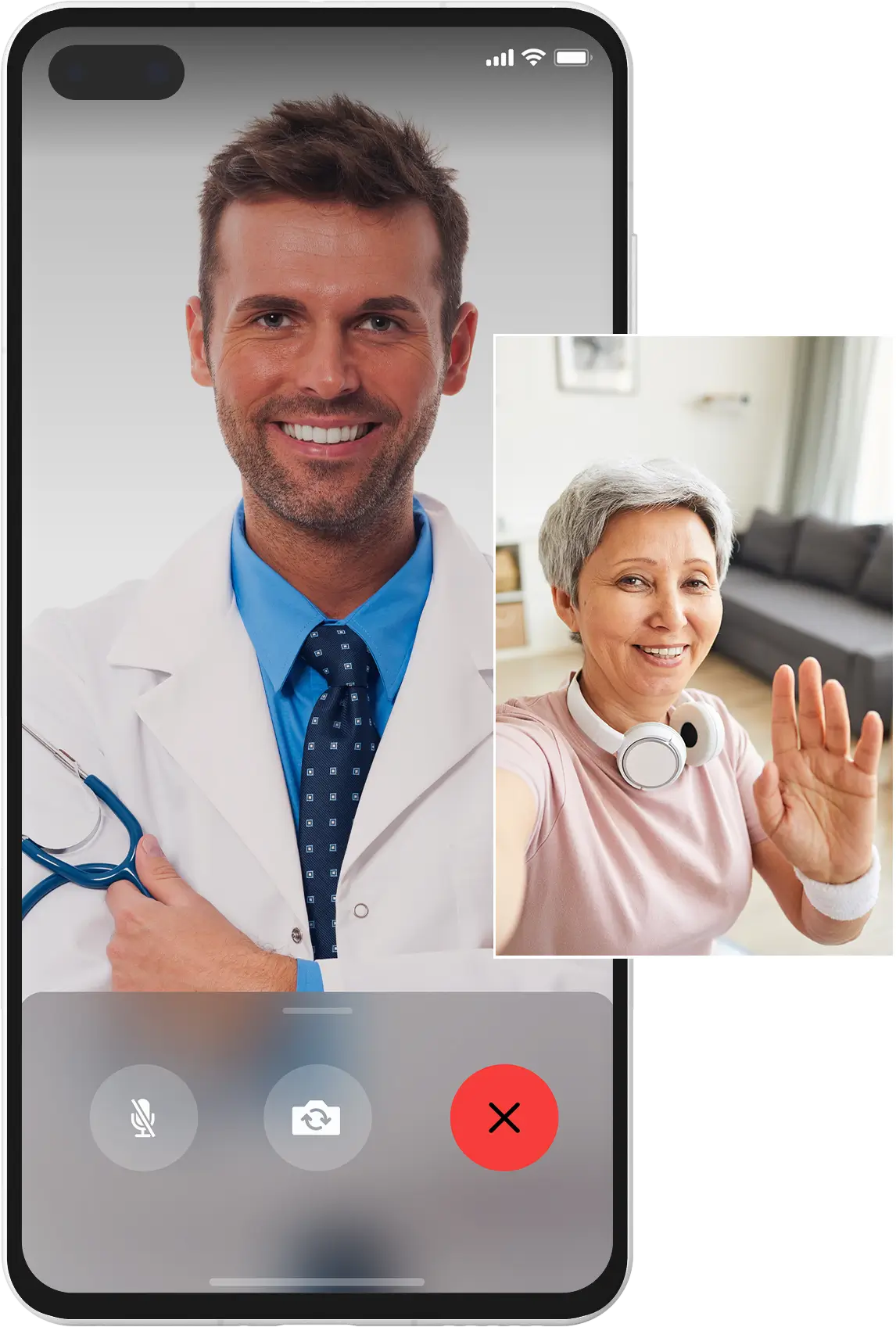Table of Contents
Join Now and Get Your First Consultation Free!
Secure your health with a yearly membership for just €29.90. Sign up today and enjoy peace of mind with expert care at your fingertips!
Get Started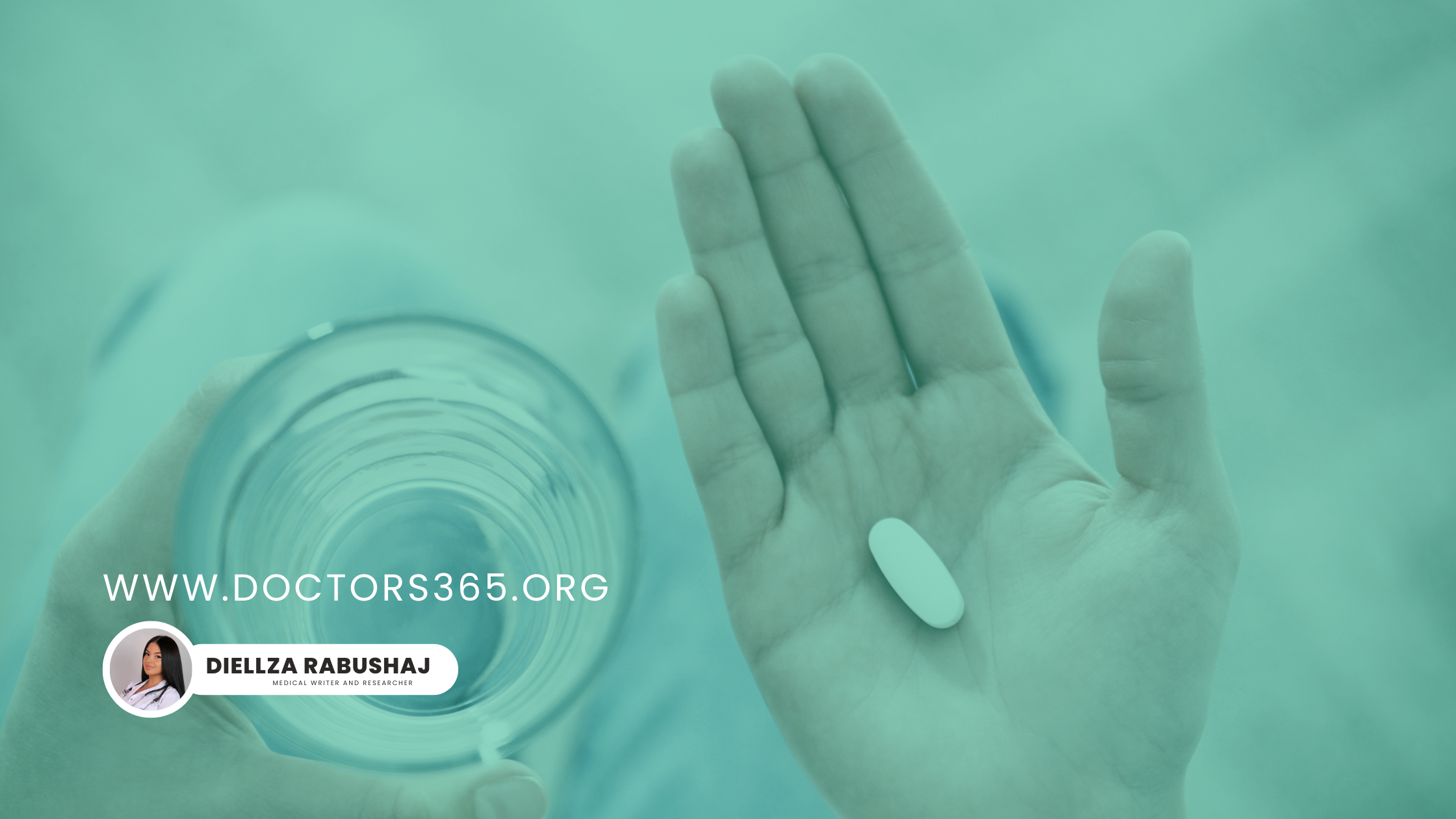
New drugs for depression
New antidepressant options such as esketamine nasal spray, zuranolone, and investigational therapies like psilocybin are transforming the management of treatment-resistant depression. Unlike traditional SSRIs that may take weeks, these drugs can act within hours to days, offering faster relief to patients who have struggled with standard care. However, due to safety considerations, careful monitoring and integration with therapy are essential. Through Doctors365, psychiatrists provide secure online consultations, ongoing supervision, and AI-based screening to guide patients toward safe and effective use of these novel treatments. Telepsychiatry ensures that mothers, professionals, and anyone facing depression can receive modern, evidence-based care from the comfort of home.
Disclaimer: Telepsychiatry is not a substitute for emergency care. If you or someone else is in immediate danger, call your local emergency number (112/911). If you experience suicidal thoughts, seek immediate help from emergency services or a suicide prevention hotline.
Written by Dr. Diellza Rabushaj, Medical Writer & Researcher.
TL;DR
- Traditional antidepressants (SSRIs, SNRIs) remain first-line, but many patients do not respond adequately [1].
- Novel therapies like esketamine nasal spray and zuranolone offer faster relief for treatment-resistant depression [2,3].
- Digital follow-up through telepsychiatry ensures safe monitoring, side-effect management, and long-term planning [4].
- Doctors365 psychiatrists provide consultations on whether these options are appropriate, and AI tools help screen for treatment-resistant depression [5].
- Emergency care is needed for suicidal thoughts, psychosis, or severe reactions [6].
Why New Drugs Are Needed
Depression affects over 280 million people globally and is a leading cause of disability [1]. Standard treatments such as SSRIs and SNRIs often take 4–6 weeks to work, and about one-third of patients fail to respond [2]. This treatment gap has driven research into faster-acting and novel antidepressants.
Novel Therapies in Depression
Esketamine (Spravato)
- Esketamine, a nasal spray derived from ketamine, was approved for treatment-resistant depression in 2019 [2].
- Unlike SSRIs, which act on serotonin, esketamine targets the NMDA receptor, affecting glutamate signaling for faster results.
- Patients often notice improvements within hours to days, not weeks [2].
- Treatment requires careful monitoring because of side effects such as dissociation and increased blood pressure.
Zuranolone
- In 2023, zuranolone became the first oral medication approved specifically for postpartum depression, with studies also supporting its use in major depressive disorder [3].
- It works as a neuroactive steroid that modulates GABA receptors, offering both antidepressant and anxiolytic effects.
- Treatment courses are short (typically 14 days), making it unique compared to continuous antidepressants [3].
Other Emerging Options
- Brexanolone: An intravenous medication approved for postpartum depression. Requires hospital-based monitoring [3].
- Novel psychedelics (psilocybin): Currently in late-stage clinical trials. Early evidence suggests significant symptom reduction for treatment-resistant depression, though not yet widely approved [4].
Benefits of Telepsychiatry for Managing New Treatments
Introducing new medications requires close supervision for safety and effectiveness. Doctors365 psychiatrists provide:
- Assessment of eligibility: Evaluating whether patients meet criteria for treatment-resistant depression [5].
- Medication management: Prescriptions, dose adjustments, and discussion of side effects.
- Monitoring: Regular virtual check-ins to ensure safety during therapy.
- Integration with therapy: Combining medication with psychotherapy for stronger outcomes.
- AI-assisted screening: Automated symptom trackers can detect early non-response, helping psychiatrists adjust care plans more quickly [5].
When to Use Telepsychiatry vs. Emergency Care
- Telepsychiatry is best for: routine follow-up, symptom tracking, discussing medication effects, and planning next steps [4].
- Emergency care is needed for: severe allergic reactions, psychosis, uncontrolled side effects, suicidal thoughts, or inability to care for oneself [6].
Evidence at a Glance
- Treatment-resistant depression affects ~30% of patients with major depressive disorder [1].
- Esketamine shows rapid improvements, with remission in up to 36% of patients by 4 weeks [2].
- Zuranolone significantly reduced depressive symptoms in postpartum women in Phase 3 trials [3].
- Psychedelic-assisted therapies are under investigation and may offer breakthroughs in resistant depression [4].
- Telepsychiatry monitoring enhances medication safety and adherence [5].
Frequently Asked Questions (FAQ)
Q1: How do new drugs differ from older antidepressants?
New drugs such as esketamine and zuranolone act on different brain pathways (glutamate and GABA), compared to serotonin-targeting SSRIs [2,3].
Q2: Are these medications safe?
They are approved and effective for specific cases, but require monitoring for side effects such as sedation or dissociation [2].
Q3: Can I get these medications online?
Doctors365 psychiatrists can evaluate if you’re eligible and guide you, but certain drugs like esketamine and brexanolone must be administered in certified clinics [2,3].
Q4: How fast do they work?
Esketamine may improve symptoms within hours, while zuranolone works over a 2-week course [2,3].
Q5: Are psychedelics like psilocybin available?
Not yet. Clinical trials are ongoing, and approval may follow in coming years [4].
References
- Friedrich MJ. Depression is the leading cause of disability around the world. JAMA. 2017;317(15):1517.
- Daly EJ, Trivedi MH, Janik A, Li H, Zhang Y, Li X, et al. Efficacy of esketamine nasal spray plus oral antidepressant treatment for relapse prevention in treatment-resistant depression. JAMA Psychiatry. 2019;76(9):893–903.
- Deligiannidis KM, Meltzer-Brody S, Gunduz-Bruce H, Doherty J, Jonas J, Li S, et al. Effect of zuranolone vs placebo in postpartum depression: A randomized clinical trial. Am J Psychiatry. 2021;178(11):1077–86.
- Goodwin GM, Aaronson ST, Alvarez O, Arden PC, Baker A, Bennett JC, et al. Single-dose psilocybin for a treatment-resistant episode of major depression. N Engl J Med. 2022;387(18):1637–48.
- Hilty DM, Ferrer DC, Parish MB, Johnston B, Callahan EJ, Yellowlees PM. The effectiveness of telemental health: A 2013 review. Telemed J E Health. 2013;19(6):444–54.
- National Institute of Mental Health (NIMH). Depression: Overview and treatment. 2023. Available from: https://www.nimh.nih.gov/health/topics/depression [Accessed 22 Sept 2025].
Recommended articles for You
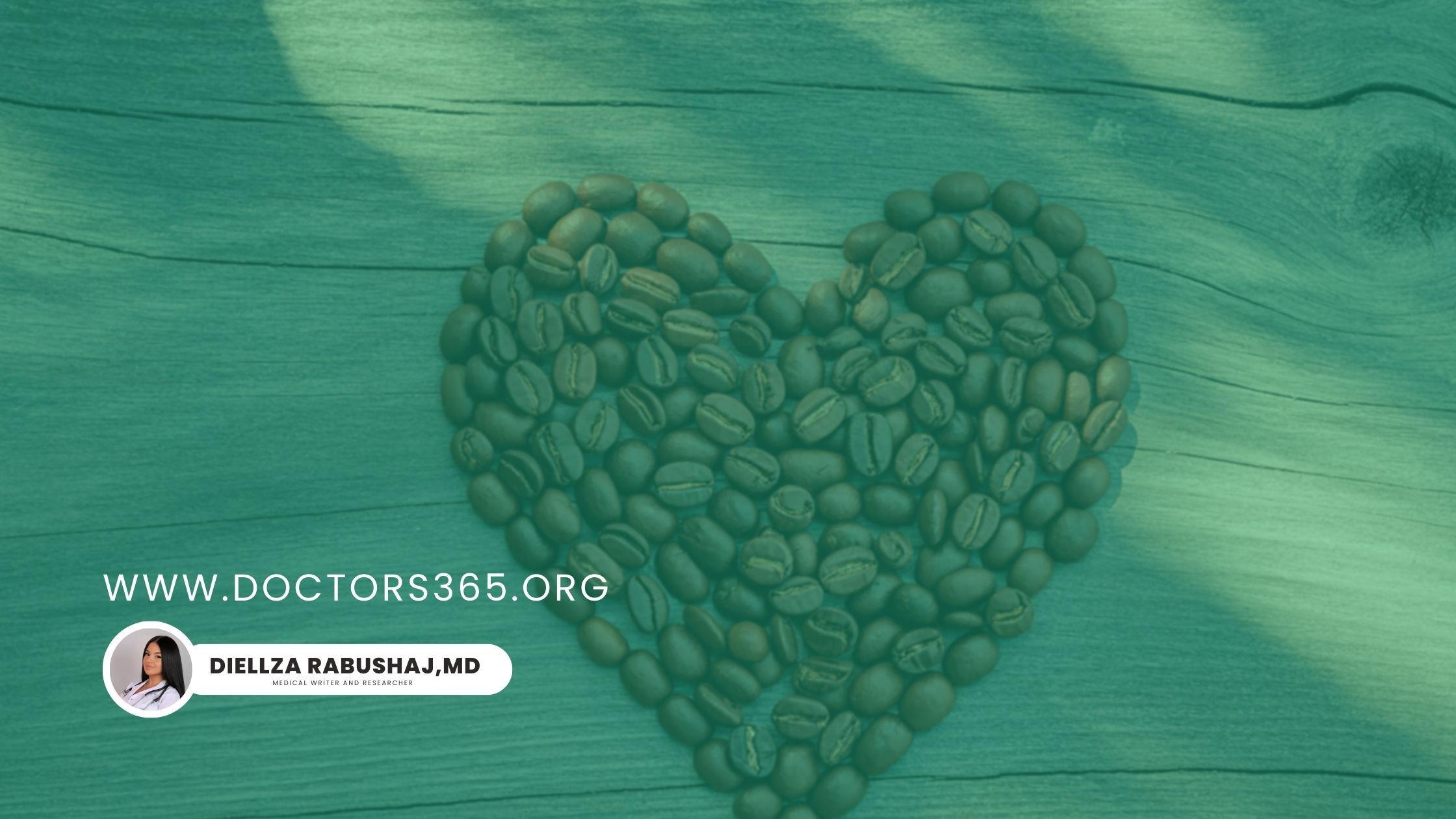
New trial data suggests coffee may be safer—and possibly helpful—for some people with AF.
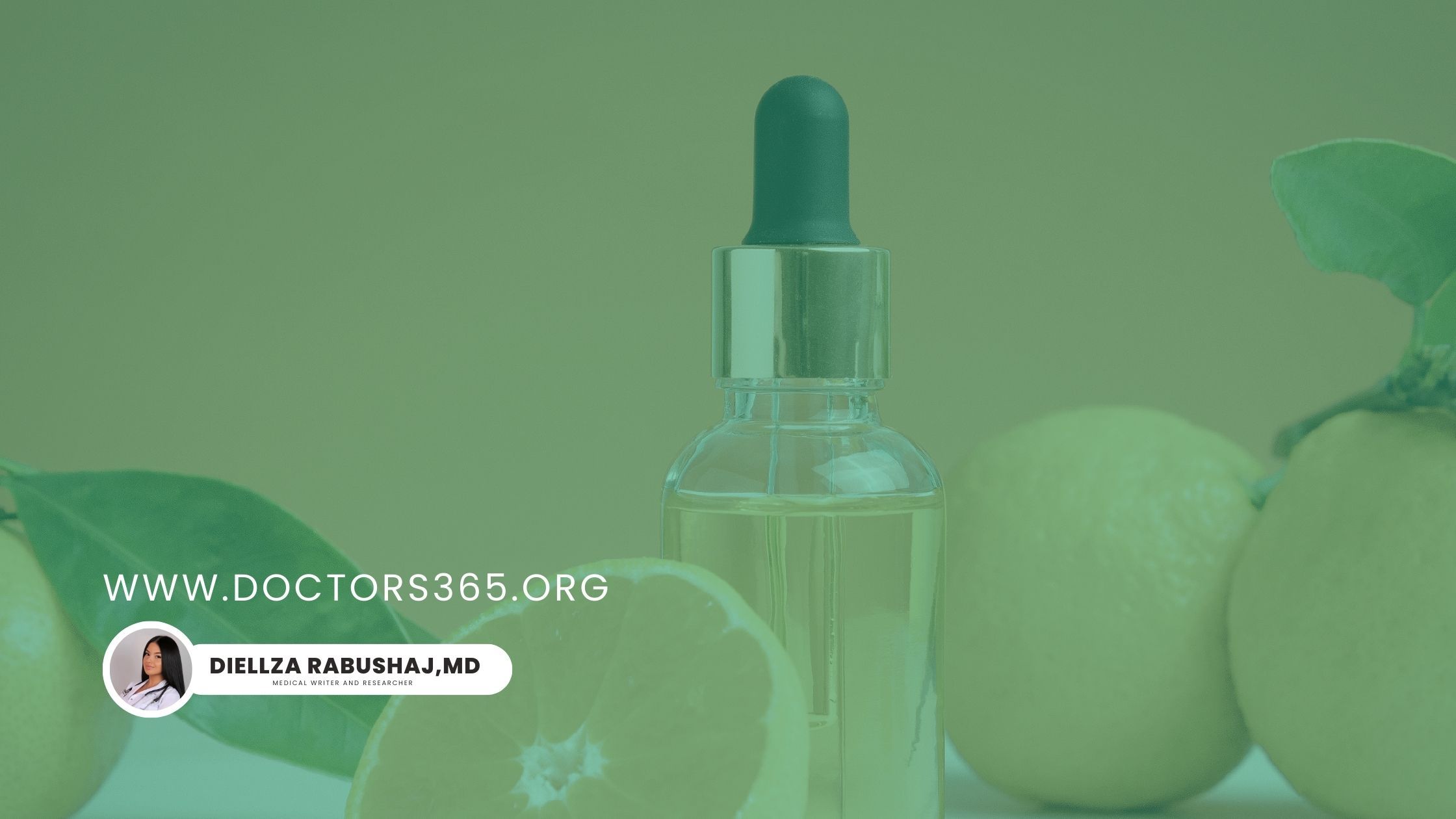
Evidence-based guide to vitamin C in pain management and postoperative recovery.
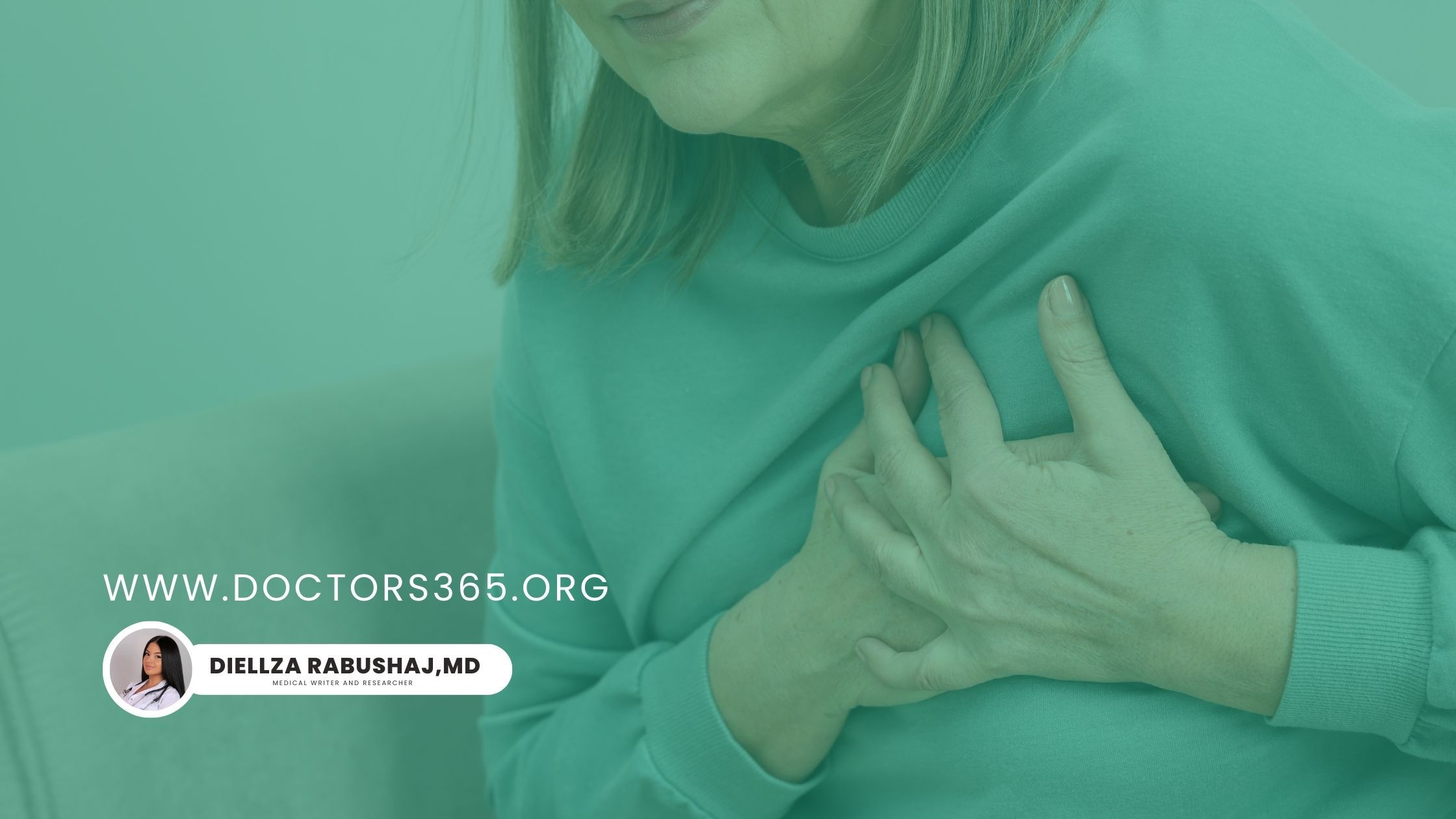
A practical guide to heart failure telehealth and online support with Doctors365.
